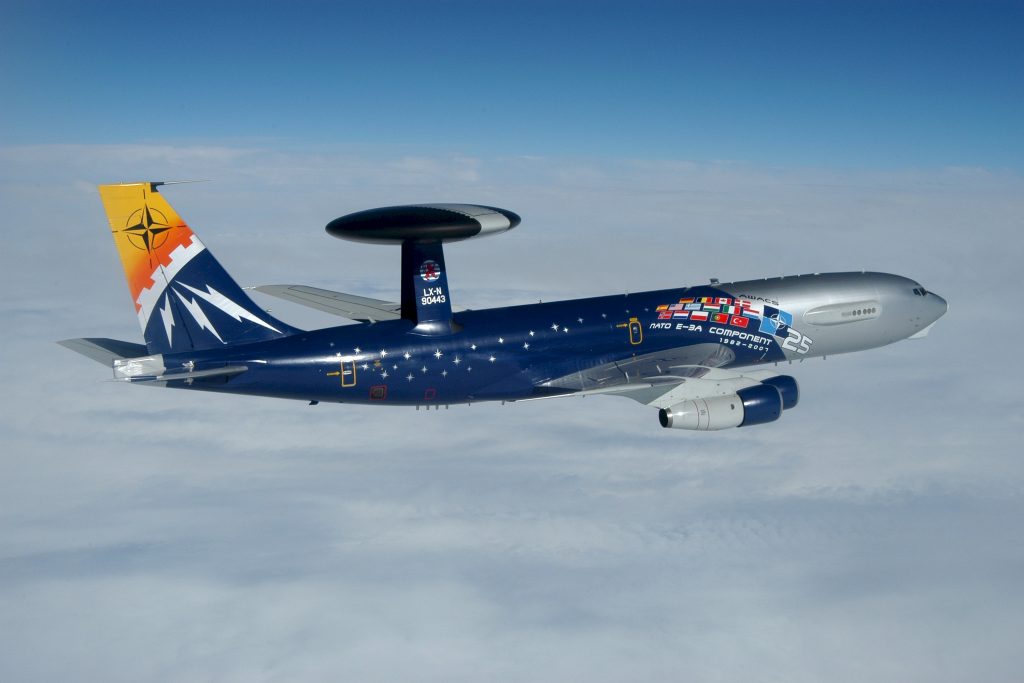
From Bernard Garot, NATO Communications and Information Agency: On 3 April the NATO Communications and Information (NCI) Agency and Thales Raytheon Systems (TRS) have signed the Certificate of Test for ACCS software. This follows the successful completion of the system test conducted at the NATO System Test and Validation Facility (STVF) in Glons (Belgium).
This is considered a very significant achievement ending a long and challenging development phase which started in early 2000.
This particular test phase took almost a year with the conduct of very extensive tests to verify the system stability and performance against the most demanding operational scenarios. Although there have been more problems than expected to reach the required level of confidence, this test phase has confirmed that the system is now complete, validated and has reached a level of maturity that allows its deployment and test at operational sites.
“The software coped with load levels equivalent to well over twice the amount of total air traffic during the first Gulf War,” said Bernard Garot, ACCS Programme Manager at the NCI Agency, “This was certainly a very robust test.”
This Deployment has started already at a limited numbers of sites located Belgium, France, Germany and Italy. Completion of this initial deployment is planned for end 2013. It is expected that NATO’s operational community will begin to use the software in mid-2014.
Further roll out in 10 additional nations is being prepared and will be completed in 2016. Once fully deployed, there will at least one operational Air Command & Control (C2) Centre equipped with ACCS, in 24 NATO Countries.
The ACCS programme will replace a large number of heterogeneous national and NATO Air Defence Systems and will provide a fully integrated system across Continental NATO Europe and Iceland. ACCS supports Offensive, Defensive and Support Air Operations on NATO territories and is fit for Out of Area operations. In addition to Air Operations, ACCS will also support NATO Theatre Missile Defence and will be a cornerstone of the future NATO Ballistic Missile Defence capability.
As a common tool, ACCS will enable the operational air community to use same operational procedures, share training and maintenance cost. (photo: NATO)
Image: nato%204%2015%2013%20HR_25th_Anniversary.jpg
